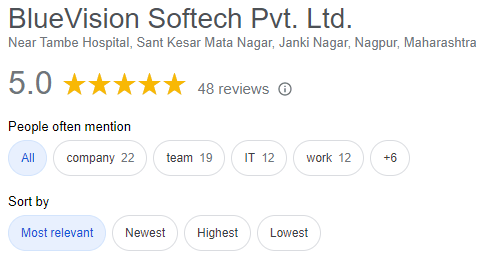

An Android App is a software application specifically designed and developed to run on devices that utilize the Android operating system, such as smartphones, tablets, smart TVs, and other Android-powered devices.
Android apps are written in Java, Kotlin, or other programming languages that are compatible with the Android platform.
Android apps provide a wide range of functionalities and can find in various categories, including communication, entertainment, productivity, education, gaming, and many more.
These apps can get from the Google Play Store, which is the official marketplace for Android apps, or from other third-party sources.
So are some key aspects and features of Android apps:
User Interface (UI):
Android apps have user interfaces designed specifically for mobile devices. They utilize touch-based controls, gestures, and navigation patterns optimized for small screens. Android apps can incorporate various UI elements such as buttons, menus, lists, forms, and multimedia components to provide a user-friendly and interactive experience.
Access to Device Features:
Android apps have access to a wide range of device features and functionalities. This includes accessing the camera, microphone, GPS, sensors, contacts, storage, and other hardware components and system services. Android apps can leverage these features to provide rich and diverse user experiences.
Multitasking and Background Processing:
Android apps can run in the background while the user performs other tasks or uses different apps. This allows for multitasking capabilities, such as listening to music while browsing the web or receiving notifications while using other apps. Android provides mechanisms for managing background processes and optimizing system resources to ensure smooth performance.
Connectivity and Networking:
Android apps can utilize various communication protocols and networking capabilities to interact with remote servers, access internet services, send and receive data, and communicate with other devices. This enables features such as social media integration, online shopping, real-time messaging, and more.
Notifications:
Android apps can display notifications to keep users informed about important events, updates, messages, or alerts. Notifications appear in the device’s notification shade and can include text, images, sounds, and interactive actions.
App Distribution: Android apps can get through the Google Play Store or other third-party app stores. Developers can publish their apps to the Play Store, making them accessible to a vast user base. Alternatively, APK (Android Package) files, allow users to install them directly from other sources.
Developing an Android app typically involves writing code in a programming language supported by the Android platform, utilizing development tools such as Android Studio, testing the app on various devices and screen sizes, and following the guidelines and best practices set by Google for Android app development.
Overall, Android apps provide a wide range of functionalities and experiences, catering to the diverse needs and preferences of Android device users.
